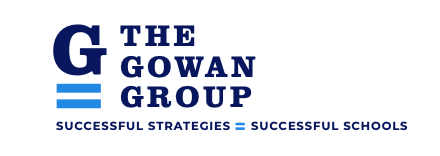Generally speaking, feasibility studies produce one of three main conclusions:
· The community is not ready for a campaign
· The community is ready for a campaign, but not at the level or on the time line anticipated/hoped for by the organization leadership, or,
· The community is ready for a bold campaign
All three results bring positive growth potential to each organization. How, you ask, can it be positive if the feasibility study produces a recommendation to postpone or forgo a campaign? While obviously, that determination is not what any aspirational organization hopes for, each feasibility study produces one overarching result regardless of conclusion: ENGAGEMENT.
Feasibility Studies, at their very core, build engagement within the community. Each study works with various members of the school, university or non-profit organization’s inner circle, as well as folks not so closely engaged in the school. The study will provide both groups of ‘supporters’ the opportunity to offer feedback, direction, and express their hopes and dreams for the organization’s future. The individual conversations that take place in a study will provide the organization with an increased level of ‘donor intel’. And, the study will provide the organization with needed outside perspective. Participants will become more engaged in the future plans of the organization regardless of a campaign per se, and regardless of the immediacy of specific fundraising.
Certainly, a feasibility study that ends with a positive, ambitious recommendation for an assertive, visionary capital campaign is preferred. But regardless of study results, your community will be better informed about its present condition, better positioned for future growth and better off relative to donor/organization relationships for having asked for community involvement in a feasibility study.
David Beecher
Managing Director

